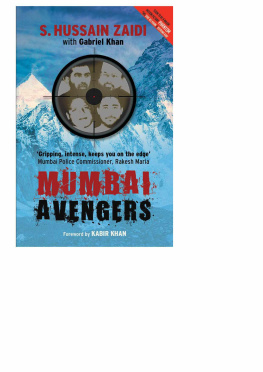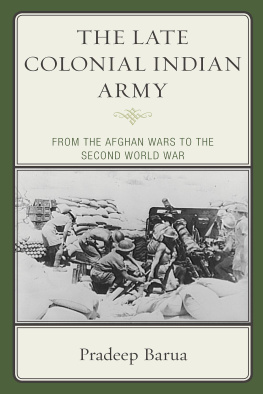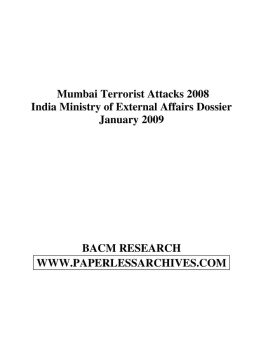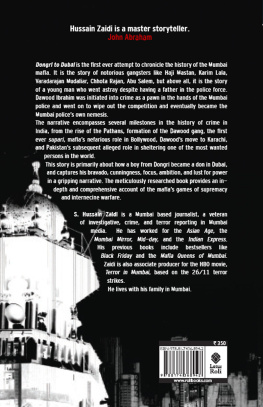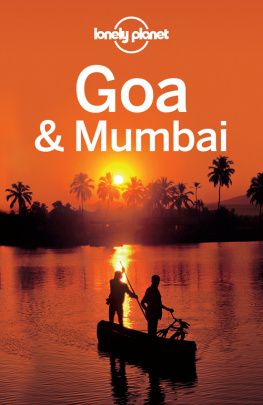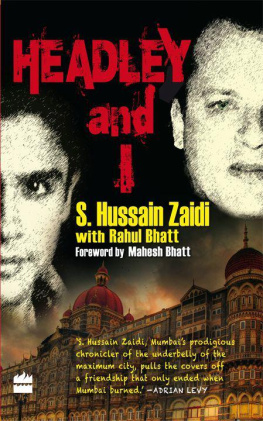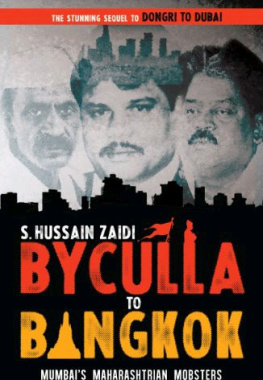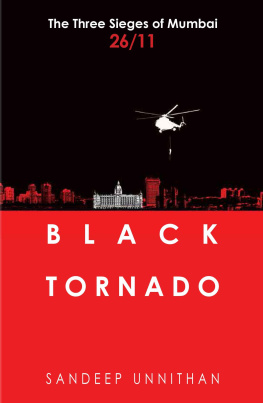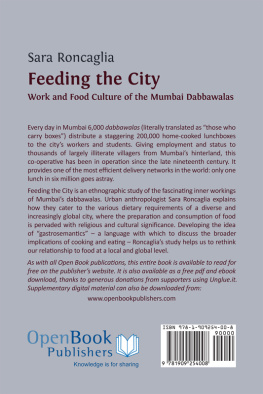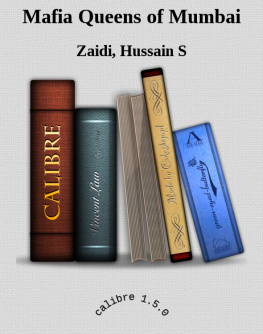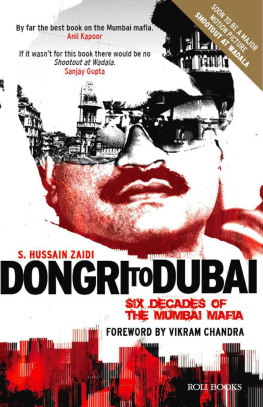Cover

Title page
Mumbai Avengers
S. Hussain Zaidi
with
Gabriel Khan

Dedication
For Shabana, Farida, Fatema and Narjis the four
points of my life compass
Contents
Foreword
Ive been attracted to films since childhood, especially those that deal with contemporary times and events that have changed the course of history. Many films in Hollywood do this brilliantly; they pick up events from the past and make parallel moving narratives that have some connect to it.
S. Hussain Zaidi is a writer who needs no introduction. Hes known to churn out one best-seller after another and this book has all the elements, despite of it being his first foray into fictional writing inspired by true events. Hussain takes real events and retells them in print, which makes for a compelling read. This time, he has stepped out on another mission and skilfully blended fact and fiction to produce an adept, gritty thriller.
As it happened, Hussain and I were discussing another idea for a possible project, when he brought up the tentative idea of Mumbai Avengers . What he offered me was really exciting to turn into a film. It was right up my alley. It clicked with me instantly, since Ive been a documentary film-maker as well, and have researched extensively in the genre relating to terrorism be it in Kashmir or Afghanistan. I have also made three feature films ( Kabul Express , New York and Ek Tha Tiger ), which in varying degrees, pertain to similar subjects. I lapped up Hussains idea in the blink of an eye.
What made his plot more interesting is that it is a fine blend of fact and fiction, or as publishers put it, faction. Hussain took factual instances and expanded on them wonderfully to form a rather interesting narrative, something which is plausible enough to happen in real life as well. I place a certain confidence in the facts Hussain states, since he is known to be diligent in the background and research for his books. His work has always attracted me, one of the reasons being his cinematic style of writing. That was a major asset he brought to the table in my collaboration with him.
Another aspect that really attracted me to the idea was its backdrop India after 26/11. Not much has been done in print or film with 26/11, and even today, that red letter day is a provocative and disturbing reminder to every Indian. Many aspects of the horrific attacks are still unresolved. We are still grappling with many questions, and wondering why nothing of note is happening about them. I felt that if you could use a backdrop such as this, and provide a sense of catharsis to Indians, there would be some form of closure, even if in a parallel, fictional world. For instance, the killing of Osama bin Laden in Abbotabad provided a perfect sense of closure for Americans after 9/11. In this book and in my film, Hussain and I have tried to recreate that similar feeling for our countrymen.
Of course, there are differences in my screenplay and in Hussains narrative that unfolds in the following pages. There are some things that work well in literature but perhaps not in cinema, and vice versa. Moreover, even though the seed of the idea has come from Hussains book, we have both taken separate routes to reach the same finish line. This has also been done so that neither the book nor the film loses its novelty. Im sure both our approaches to the same idea will leave you thrilled and entertained.
All in all, what Hussain brought to me was an extremely exciting package and it didnt take me more than a second to grab it. It shouldnt for you, either.
Kabir Khan
Authors Note
Mumbai Avengers has been a sentiment, a dream and an ambition, especially in the post-26/11 scenario. It irks me that our cunning neighbours have always had an upper hand in proxy wars and that our government has often manifested its chronic impotence.
We are in an age of asymmetrical war. No longer do vast armies of ill-trained conscripts confront each other in huge and, hopefully, decisive battles, writes Nigel Cawthorne in his investigative book Warrior Elite . What is required are small forces of highly trained fighters. In other words, a phenomenon which is accurately interpreted by the US, Israel, Chinaand even Pakistanbut not by India, which is among the most threatened nations in the world.
This book was brewing within me for years but it was only when I met Kabir Khan informally, and we got talking about stories, that it got the much needed impetus.
Mumbai Avengers became possible only due to the dedicated and selfless contribution from some of my friends. As always, doing research for a book and writing it turned into a journey that led to profound discoveries along the way.
The biggest contribution came from my friend, Additional Commissioner of Police Brijesh Singh, who is much younger than me, but whose expertise, skill sets and magnificent understanding of the world are refreshingly exhilarating. Had it not been for him, the book would never have come into existence. I am also thankful to him for reading the manuscript overnight and making several corrections.
Two young and creatively gifted protgs ensured that the book got off beyond the thinking pad Aditya Iyengar, who was involved at the beginning, and Bilal Siddiqui, who stepped in to fill his shoes. Without their contribution, the book would never have seen the light of day.
Nashik Police Commissioner Kulwant Kumar Sarangal shared his ideas about how one could enter Pakistan. He gave me several hours of his precious time and explained to me the intricacies of espionage operations pearls of wisdom which are spread through the book.
Apart from the police, S.P.S. Basra from the coast guard was also very helpful. He explained to me the treacherous waters that lay between Karachi and Mumbai.
Retired colonel Mahendra Pratap Choudhary helped me immensely with his profound knowledge of explosives and weaponry. A couple of meetings with him and I felt like an Ayatollah on arms and ammunition. Thank you, Choudhary sahib.
Some intrepid journalists also chipped in with their help. Ateeq Shaikh, special correspondent at DNA and Sagnik Choudhary at Indian Express were among those who helped provide touches of realism to the story. Ateeqs contacts with the coast guard and fishermen in Mumbai formed the basis for the final escape plan of the Avengers . Sagnik dug into the Indian Express archives to trace the famous story of the victory of Muslim commandoes on the treacherous peaks of Kargil. Sonia Thomas who recently graduated from St. Xaviers, helped me in the transcription of certain chapters.
Then there were those who agreed to read the manuscript and point out any factual errors in the story. Mrs Anjali Kale-Singh took time to read and draw my attention to a few gaffes. I must thank Major General (Rtd), Sayed Javed Jafri, who not only read the book but also made several corrections. I owe a major debt of gratitude to Jaspinder Singh Kang, who read the whole story and vetted certain sensitive portions.
Mr Rakesh Maria was the first person to read the first complete draft and give me an endorsement. I cannot thank him enough for his highly encouraging testimonial that adorns the cover of the book.
I must also thank my editor at HarperCollins India, Karthika V.K., a good friend more than just my publisher. Her consistent motivation and inspiration kept me on my toes and encouraged me to write better. My young friend, Mohsin Rizvi, slogged tirelessly to put together the cover of the book and Bonita Vaz helped us arrive at the perfect design.
Next page
